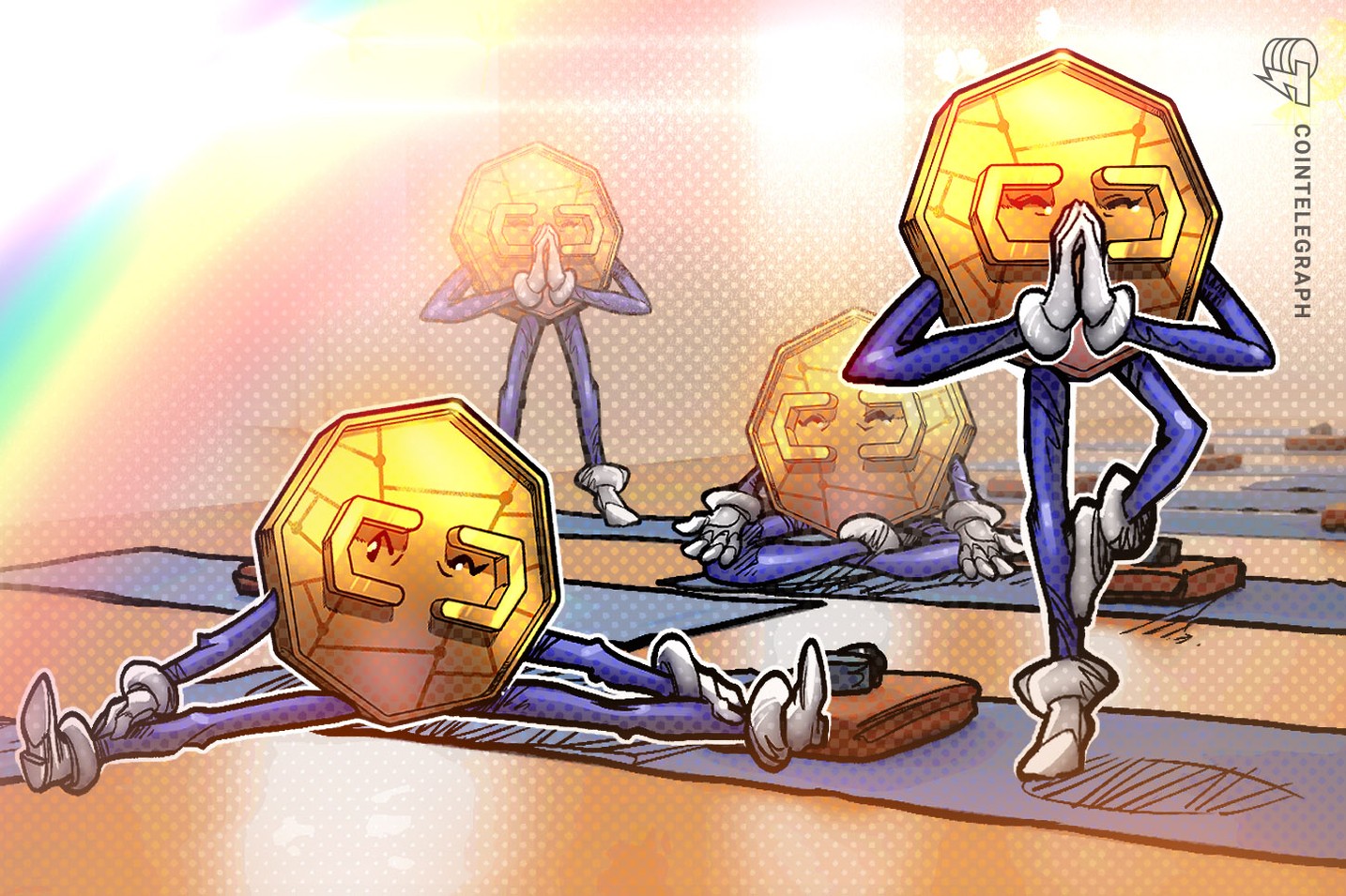The sponsorship of high-profile sports and teams may be key to legitimizing the crypto industry to the general masses, according to Luke Ryan, head of content at Australian crypto exchange CoinJar.
In May 2021, the exchange became the first crypto company in Australia to sponsor an Australian Football League (AFL) club by partnering with the Melbourne Demons.
Speaking to Cointelegraph at the Australian Crypto Convention on Sunday, Ryan remarked the AFL partnership changed the discussion around cryptocurrency in the country and that “It gives cryptocurrency a bigger sense of permanence.”
“Perhaps prior to this real punch into the sporting mainstream, it was very easy for a lot of people to think, ‘Oh, this cryptocurrency thing, it’s going to fade away, or it has already faded away,’” he said.
“There’s a real declaration of intent by the industry, not necessarily about ‘We sponsor this team, and then we get X number of new users.’ It’s more about ‘We sponsor this team because we want to show the world we’re companies with consequences, with plans and long-term visions, and a way of showing that is to align ourselves with a really established presence.’”
Ryan believes sports partnerships also give the opportunity for crypto companies to break new ground in terms of their user base and adoption.
He noted that part of what drew CoinJar to partner with an AFL team was the idea of promoting crypto and the exchange “outside of the established true believers who already have their favored platforms.”
“At a certain point, you’re all just hacking into the same market,” he added.
“It’s a real ongoing question for cryptocurrency as a whole — how do we move out from this 5% to 10% that we now talk to, to the 20% to 50% — and we’ve started to think a bit more about what it might look like to start getting more actively involved in sponsorship.”
The partnership between CoinJar and the Melbourne Demons has also meant other teams and the AFL itself have learned more about crypto, which Ryan supposes has made the asset more normalized to the organization.
“It’s meant they’ve had the space to ask questions and look into it a bit more and be like, ‘Ah, that’s quite interesting. Ee could really use that to better create a relationship with the fans,’” he said, adding:
“I think it’s leading to a much more open attitude toward things like nonfungible tokens and how they can be harnessed. It’s all still primordial in the AFL sphere, but I certainly know there are very active discussions the AFL has got going.”
Related: 3 barriers preventing Web3 mass adoption — Trust Wallet CEO
Ryan said the speculative nature of crypto is “undeniably what has gotten a lot of people into it” but isn’t what will make for a sustainable future entity. He added that “At some point, there has to be this transition toward actual products that people want to use.”
The AFL’s first 3,800-strong NFT collection in August sold out in under 12 hours, raising an estimated $130,000 or more in USD Coin (USDC). The AFL has already stated it plans to expand its crypto offering to game day events, tickets and the chance to meet players in the Metaverse.
